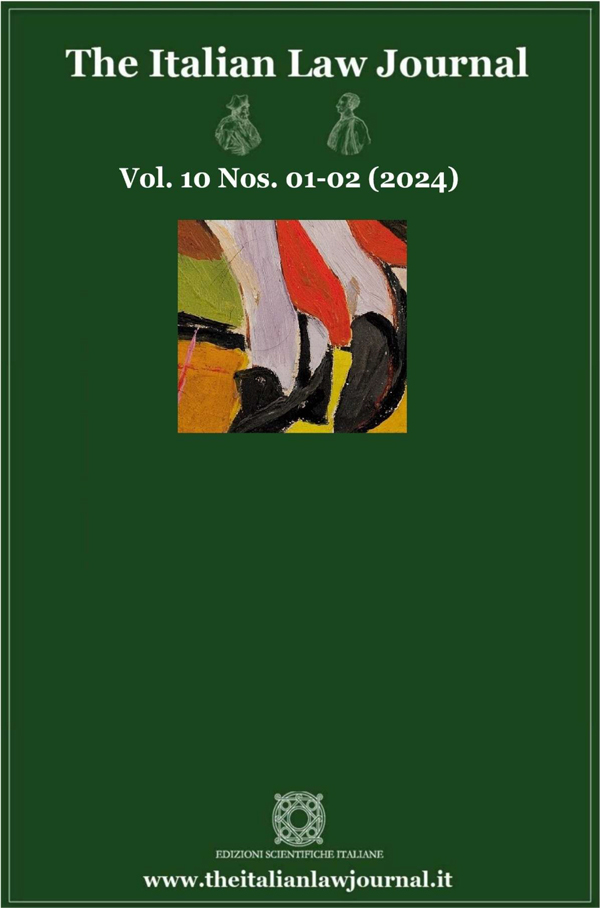1 THE ITALIAN LAW JOURNAL NO. 2 (2015) Right to the City or Urban Commoning? Thoughts on the Generative Transformation of Property Law by Ugo Mattei and Alessandra Quarta The economic and political transformations determined by the rise of neoliberalism are usually studied at a state dimension, while the urban one is quite ignored. Nevertheless, the government of the city has been influenced by global and national recent changes and all the municipal sectors have been touched by the austerity’s recipe. The decrease of urban public spaces, their privatizations as well as gentrification transform city planning that is often unable to elaborate alternative solutions against the overexploitation of the urban territory and the increase of inequalities caused by economic crisis. In a city, after all, it is impossible to hide inequalities and injustices. In the last years, cities have often been the theater of political struggles against the privatization of public spaces, evictions and the dissolution of the urban welfare. In many cases, the demonstrators have occupied parks or abandoned buildings (theatre, condominiums…), and used them to find a temporary solution to their different needs (housing, social space, new forms of work, urban gardens…). They denounce the great number of public or private empty spaces (for instance, the abandoned infrastructures left by the process of deindustrialization) and their neglect. According to the right to the city they claim, the inhabitants have to produce urban spaces starting from their own needs: empty spaces become an opportunity, the urban care is a collective task. This approach shares the logic of the commons, which reclaims a new paradigm based on inclusion, participation and social and ecological use of resources: according to many scholars, also urban spaces are commons. After a description of this wide context, the article explores the connection between commons and the right to the city.




























